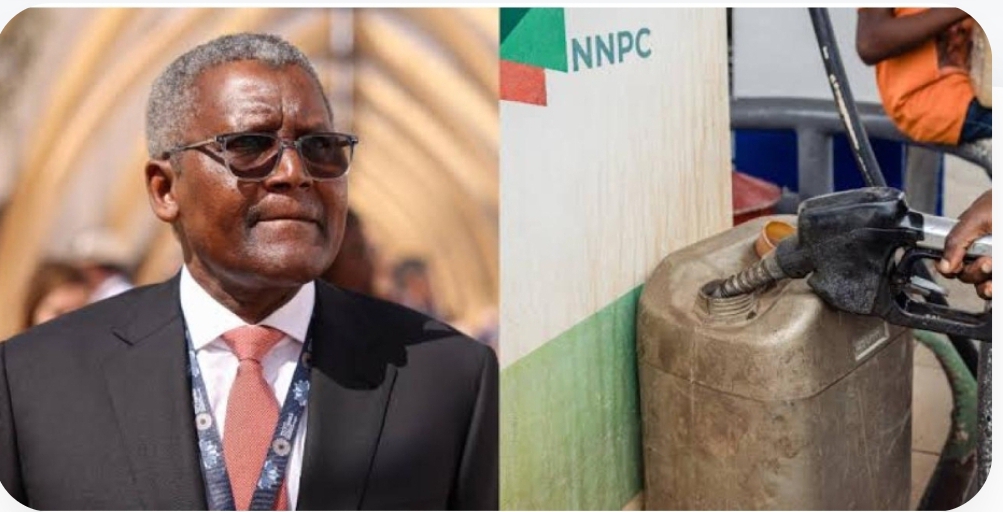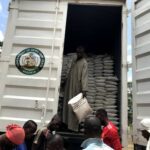The company had emphasised that the PMS prices were negotiated directly between parties and not set by the government, in line with the Petroleum Industry Act (PIA).
The estimated pump price for petrol based on Dangote Refinery’s September 2024 PMS pricing is outlined as follows:
In Sokoto State, the price is set at N999.22, while Katsina State faces challenges with supply. In Borno State, the price is set at N1,019.22 per litre. In Sokoto, Kano, Kaduna, and the FCT, the price is set at N999.22, while it is N950.22 in Lagos and N960.22 in Oyo. It will be sold for N980.22 in Rivers and Imo states.
Soneye had emphasised that PMS prices are not set by the government but negotiated directly between parties on an arm’s length basis, according to PIA Section 206 (1).
However, in another version of the statement released by the company, SaharaReporters observed that the figures that made up the pump price for the locally refined petrol have been adjusted.
The first statement, released on Monday, listed various fees that make up the pump price of locally refined petrol. These included a Nigerian Midstream and Downstream Petroleum Regulatory Authority fee of ₦8.99, an inspection fee of ₦0.97, a margin fee of ₦26.48, and a distribution fee of ₦15.
However, the second statement, also released on Monday, showed altered figures.
The Nigerian Midstream and Downstream Petroleum Regulatory Authority fee was reduced to ₦4.495, while the inspection and margin fees were mysteriously absent.
The distribution fee was increased to ₦42.45, and an additional Midstream and Gas Infrastructure Fund fee of ₦4.495 was introduced.
These discrepancies are alarming and warrant further investigation. The absence of inspection and margin fees in the second statement, coupled with the reduction of the Nigerian Midstream and Downstream Petroleum Regulatory Authority fee, raises questions about the criteria used to determine these fees.
Furthermore, the introduction of an additional fee in the second statement, without explanation, adds to the confusion.
The inconsistencies in the statements undermine the transparency and credibility of the NNPCL.

Follow Globaltrust.ng for more stories.





